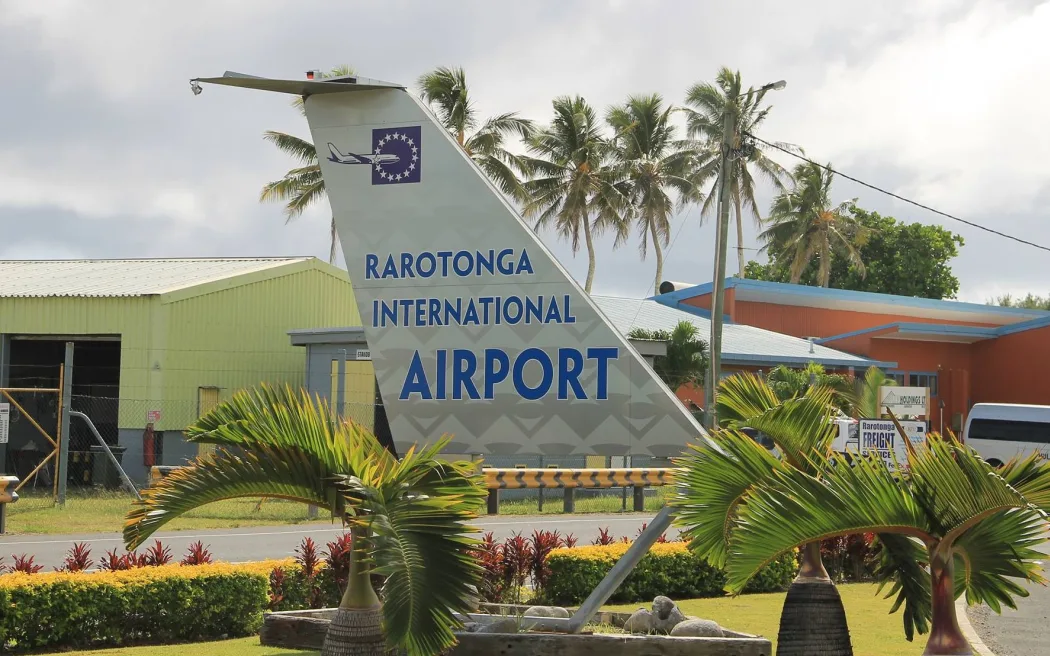RNZ reported that leaders in the Cook Islands are advocating for a calendar change to align with New Zealand and Australia. This initiative, led by Te Tuhi Kelly, the leader of the Progressive Party of the Cook Islands, and prominent businessman Mike Pero, is aimed at addressing inefficiencies in business and tourism resulting from misaligned working weeks.
The Cook Islands currently share only three common working days with New Zealand, leading to challenges in communication and commerce. According to Pero, this situation forces Cook Islanders to handle business matters on Sundays and creates a disconnect at the end of the week when it’s already the weekend in New Zealand and Australia.
The proposal is to shift the Cook Islands’ calendar a day forward to synchronise with New Zealand and Australia. This change is seen not just as a logistical adjustment but also as a unique marketing opportunity for tourism. If implemented, the Cook Islands would be the first place in the world to welcome the new day, surpassing Samoa and New Zealand.
This proposed change is reminiscent of Samoa‘s decision in 2011 when the country shifted its position on the International Date Line. Samoa moved from the east to the west of the dateline to align its time zone with its main trading partners, including New Zealand and Australia. This strategic move significantly improved Samoa‘s economic relations and business efficiency, a success story that the Cook Islands is looking to emulate.
The concept was initially proposed by Kelly during the Covid-19 pandemic, taking inspiration from Samoa’s decision. Kelly views this alignment as a strategy to enhance local and foreign investment and to boost the export of value-added and niche products to New Zealand. The current situation, where the Cook Islands effectively trade only three days a week with New Zealand, is viewed as a limitation to economic development.
Both Kelly and Pero acknowledge the complexities involved in changing the international dateline and time zone. However, they believe the economic benefits, especially in terms of enhanced trade and tourism, justify the effort. Tourists from New Zealand and Australia, who constitute a significant portion of the visitor base, currently face difficulties due to the dateline issue. Aligning the calendar would ease travel planning and could lead to an increase in tourism.
Pero suggests that the calendar change could be implemented at any time once approved, recommending a mid-year implementation rather than January 1st to avoid holiday season disruptions. The conversation about this potential change is ongoing, indicating a major shift in the Cook Islands’ international relations and operational dynamics.





